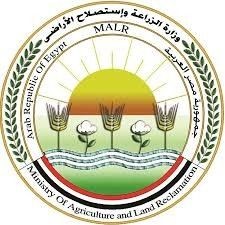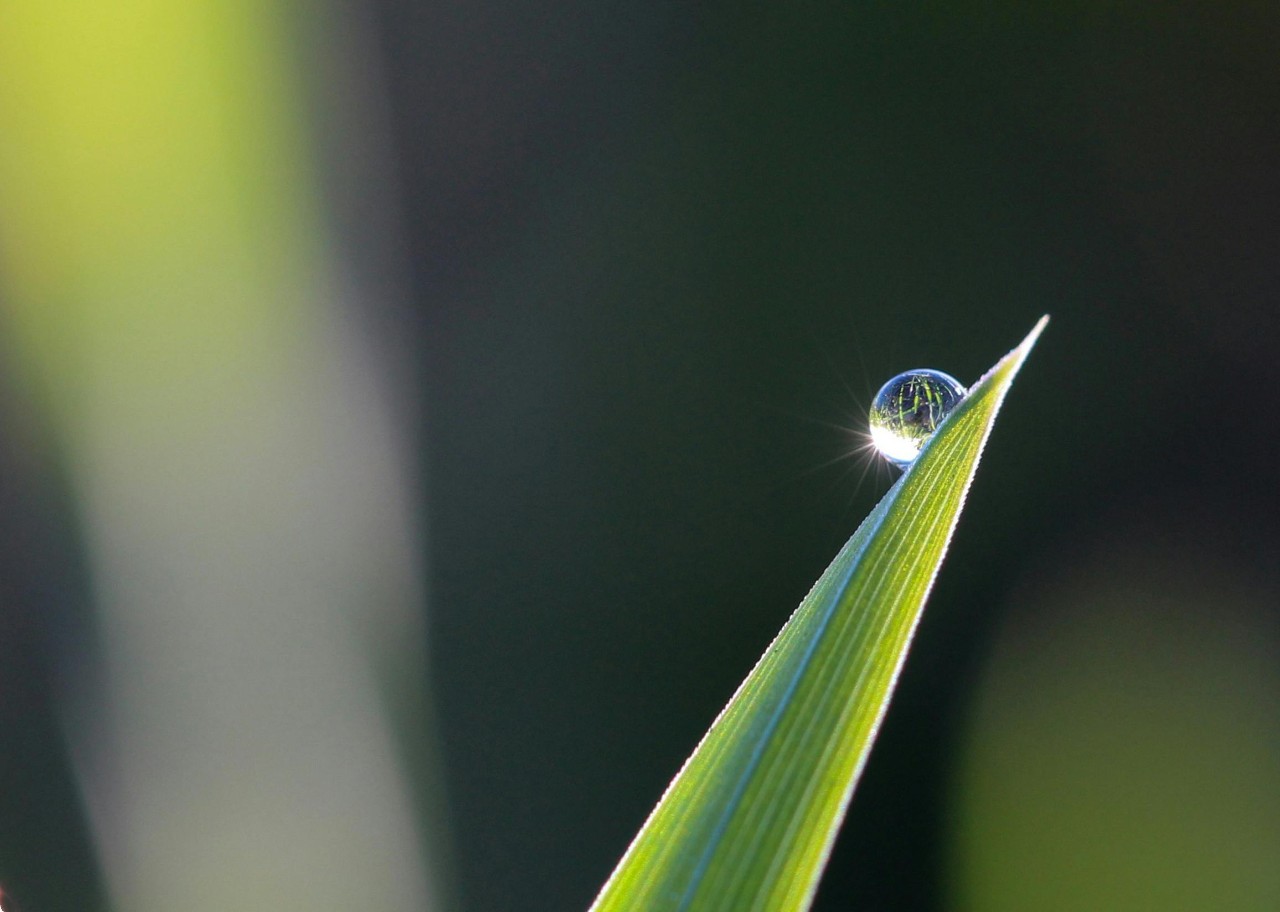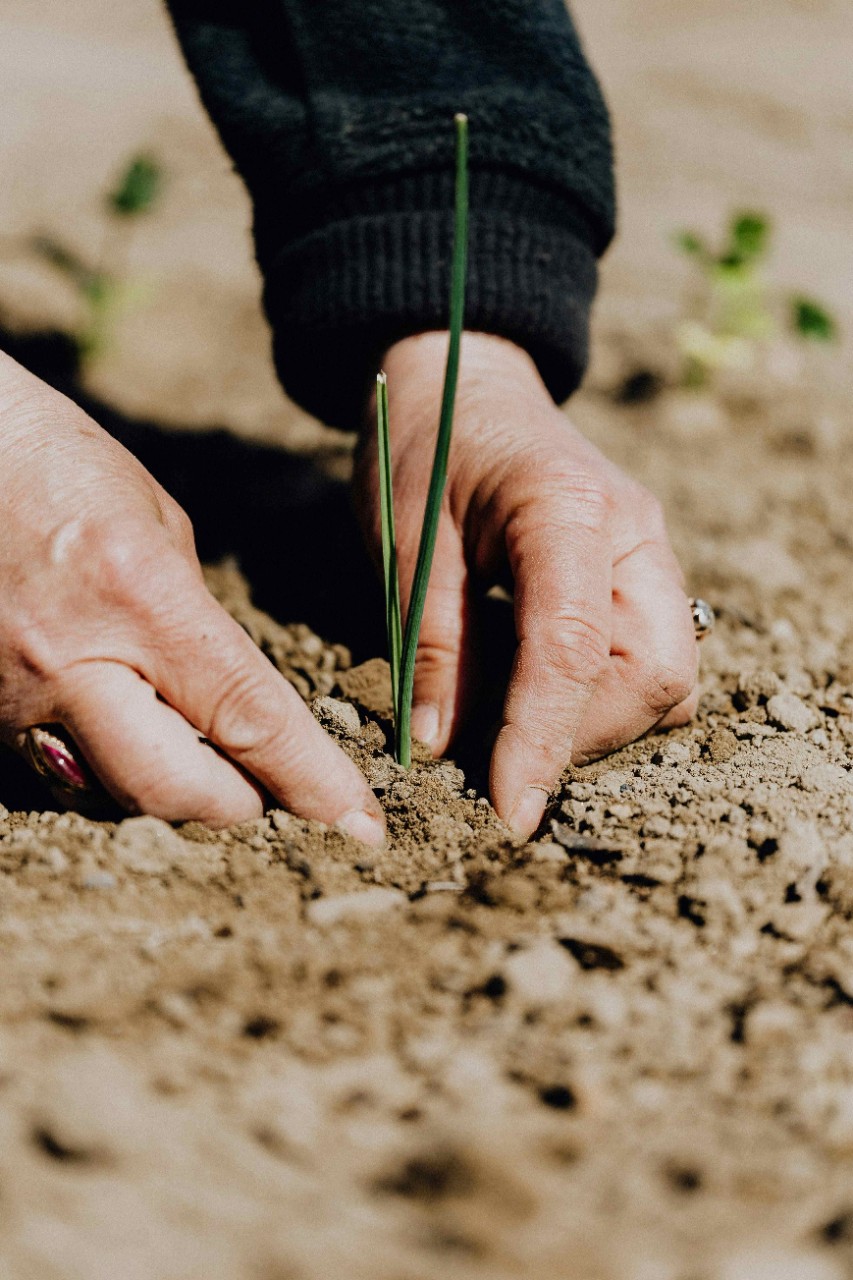is part of the Informa Markets Division of Informa PLC
This site is operated by a business or businesses owned by Informa PLC and all copyright resides with them. Informa PLC's registered office is 5 Howick Place, London SW1P 1WG. Registered in England and Wales. Number 8860726.
World Water Day and Adopting Nature-Based Solutions for Water and Agriculture Sustainability
As we celebrate world water day, we stand at another critical juncture in our continuing efforts to meet head-on three interrelated challenges: issues of water scarcity, climate change, and demands for increasingly sustainable agricultural practices. These are global challenges not in abstract, but in very definite reality, wherein there is a most urgent need to cope with them by means of innovative, pragmatic remedies. It is in this light that it is important to realize the conditions being felt by Egypt, a country that historically is cradled by the cradle-giving flows of the Nile River. The country's struggle to harmonize its ancient agricultural heritage with the demands of an increasingly breakneck-speed-growing population underlies a broader global narrative.
The Confluence of Global Water and Climate Challenges
By 2024, the effects of climate change on water resources had literally become undeniable. The patterns of rainfall are changing erratically, and with this, prolonged droughts and raised temperatures are accompanying, not affecting the availability of fresh water only but threatening the very basis of both food security and economic stability. All these amount to challenges for Egypt, which are further multiplied by the country's reliance on the Nile River; the river is under increasing stress due to developmental projects in the upstream countries and the big water needs of agriculture. This poses a mirror to the global crisis, where a thin balance between water supply and rising demand is being increasingly upset and increasingly is calling for urgent action and innovative solutions.
River Bank Filtration (RBF): A Natural Purification Marvel
At the heart of it, River Bank Filtration (RBF) takes advantage of natural filtration by providing a connection to the Nile River, bordered with riverbanks. River Bank Filtration locates intake wells next to riverbanks. In this case, the water will travel through the soil and several layers of sediment, hence purifying it from many potentially dangerous elements. This innovative procedure will not only enhance the quality of the extracted water but diminish the dependency on chemical treatments, hence offering a sustainable alternative to existing conventional water purification. With that ambition, Life from Water is leading the implementation of RBF in the Egyptian water management framework in a groundbreaking partnership with the National Company for Water and Wastewater in Qena. This has, therefore, really yielded a positive outcome through the partnership where the RBF systems doubled the capacity of existing water treatment units and directly benefited over 20,000 individuals per Project. The initiative represents an economic validity of RBF along the Nile and emphasizes the positive environmental and climate impacts, thereby setting a new benchmark in showing good practices of sustainability in water management.
Constructed Wetlands: Eco-Sanitation Redefined
Constructed wetlands have been designed in such a way that they mimic the work done by natural wetlands in filtering water. This entails the designed constructed wetland systems treating wastewater effectively with the right combination of physical, chemical, and biological processes. Essential in the process of decomposition of the pollutants are the vegetation and microorganisms from the wetland, which will form part and parcel of producing detoxified water that will be used again in agriculture to represent part of the closed-loop water sustainability. The implementation of constructed wetlands in Egyptian village settings will, by all means, be a huge milestone in the endeavor to grapple with the rural area's wastewater problems that seem to be grappling developing countries across the world. Such eco-friendly systems help reduce the pressure on the environment from wastewater by providing an alternative irrigation water supply. Moreover, sludge rich in nutrients, and the sludge produced can be processed for conversion into organic fertilizer for use in crop production for the attainment of increased crop productivity and reduced uses of chemical fertilizer. This innovation mechanism has proved that the inclusion of the ecological aspects into the sanitation strategies will lead to wider benefits for the community and environment, and its contribution towards solving the current wastewater problems in Egypt is promising.
Irrigation Basins and Water Channels
Despite their simplicity, water basins carry a significant impact. In Egypt, they are heavily relied upon, alongside water channels by farmers, and are considered natural solutions that have been used by farmers for centuries to effectively manage water resources in agriculture. These methods rely on directing water from its sources, such as rivers and streams, to agricultural lands to ensure crops receive sufficient irrigation. Basins and channels do not heavily rely on modern technology and are characterized by their simplicity and efficiency in water use, making them sustainable and environmentally friendly solutions. These methods help reduce water consumption by minimizing evaporation loss and also enhance water reuse. Additionally, they contribute to improving soil quality and reducing the negative effects of surface runoff and erosion. In this way, basins and channels are part of sustainable farming practices that work to improve agricultural production while conserving natural resources. The Ministry of Water Resources plays a vital role in maintaining the efficiency of the irrigation system through the annual cleaning of basins and channels, a necessary measure to ensure the continuous flow of clean and healthy irrigation water to agricultural lands. This cleaning aims to remove any accumulations or impurities that might obstruct water flow or affect its quality, such as silt, weeds, and waste. Through this process, the ministry helps prevent the spread of diseases and pests that contaminated water can carry, thereby enhancing crop health and reducing the risk of disease. Additionally, the ministry encourages farmers to clean their own water channels, not only to maintain the quality of the irrigation water they use but also to promote environmental sustainability and ensure more efficient use of water resources. These practices support sustainable agriculture and contribute to the conservation of natural resources for future generations.
Empowering Communities through Innovation
Thus, this empowerment of local communities to do the water and agriculture practices for sustainability runs parallel to it. In the effort of the involvement of the communities in planning, designing, implementation, and management of this nature-based solution, we assure that initiatives are sustained and ownership and responsibility from the people are really built up for the conservation of natural resources. It sees, hence, that training and capacity building are very important in this perspective, as it provides persons with the tools to maintain and defend these systems.
Navigating Challenges and Embracing Future Prospects
Though this path is riddled with full-scale and replicable nature-based solutions, there is immense potential for these to change the water and agricultural management domain. Key to optimization of these opportunities is addressing technical, financial, and social barriers by further research, collaboration, and comprehensive impact assessments. Indeed, nature-based solutions look into the future with a blueprint towards a sustainable, resilient world where water security and agricultural productivity are envisioned and realized not only to the hilt but to its full potential through the harmonious integration of technology, nature, and community. On World Water Day 2024, let's redouble our commitment to explore and expand our use of these ingenious, nature-based approaches that light the way toward a future wherein humankind rises to the challenges of water scarcity and climate change with the wisdom of the ecosystem.
OPENING TIMES
Sunday, 10 am – 6 pm
Monday, 10 am – 6 pm
Tuesday, 10 am – 6 pm



